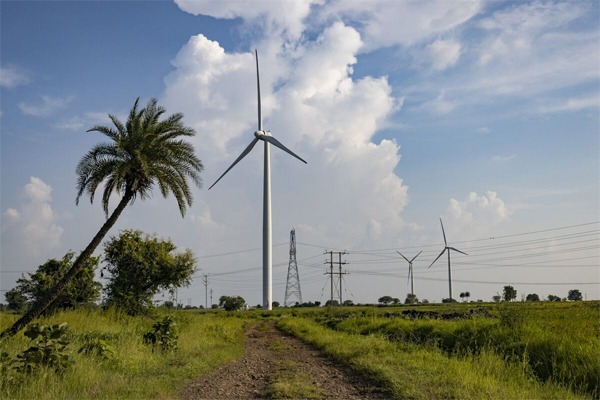- Developing nations caught in poverty trap, can’t afford change
- Nations face triple penalty of high cost for less clean energy

Ana Monterio, Bloomberg News
WASHINGTON
EnergiesNet.com 04 23 2023
Low- and middle-income countries excluding China would have to quadruple energy investments to $1 trillion in 2030 if they’re to meet goals of universal access to clean power by then, the World Bank said.
The need for financing to adopt more renewables-based electricity and lessen dependence on fossil fuels will only grow from the annual average of $240 billion in the four years through 2020 as decarbonization deepens, the Washington-based lender said Thursday.
The problem, however, is that these nations are caught in a “poverty trap:” They’re unable to afford the high up-front costs of switching to clean energy, and are therefore locked into higher costs and recurring payments for fossil fuels, the World Bank said in a report on financing energy transitions in the power sector.
Without access to more and cheaper capital, developing countries “risk being locked out of otherwise economic solar, wind, and energy-efficiency projects, which require relatively high up-front capital investment,” the lender said.
Global Challenge
Global leaders spearheaded by US Treasury Secretary Janet Yellen are pushing for a revamp of multilateral development banks to leverage their financing ability and take on a range of cross-border challenges, including climate change. A plan for the World Bank could see lending boosted by $50 billion over the next decade — a fraction of what the emerging world needs for its energy transition.
Many utilities, especially in lower-income countries are financially unviable, usually due to a combination of high costs and low revenues, the lender said, adding that in sub-Saharan Africa, only about one-third of utilities fully recover their costs.
Despite Africa’s access to abundant natural resources that make clean power the least-cost option today, it has seen few benefits, according to BloombergNEF. In 2021, the continent’s clean-energy investment fell to the lowest level since 2011 — of the $434 billion invested globally to build wind, solar, and other clean power projects, only 0.6% — or $2.6 billion — went to Africa, it said.
Once adequate volumes of affordable and reliable renewable energy and energy efficiency materialize, low- and middle-income countries also need to retire their coal-fired power plants, the World Bank said.
“Presently, they collectively host 89% of the global coal power capacity that needs to be retired or repurposed before the end of its technical lifetime; this puts an estimated $1 trillion in capital costs at risk by 2040,” it said.
— With assistance by Jennifer A Dlouhy and Eric Martin
bloomberg.com 04 20 2023











